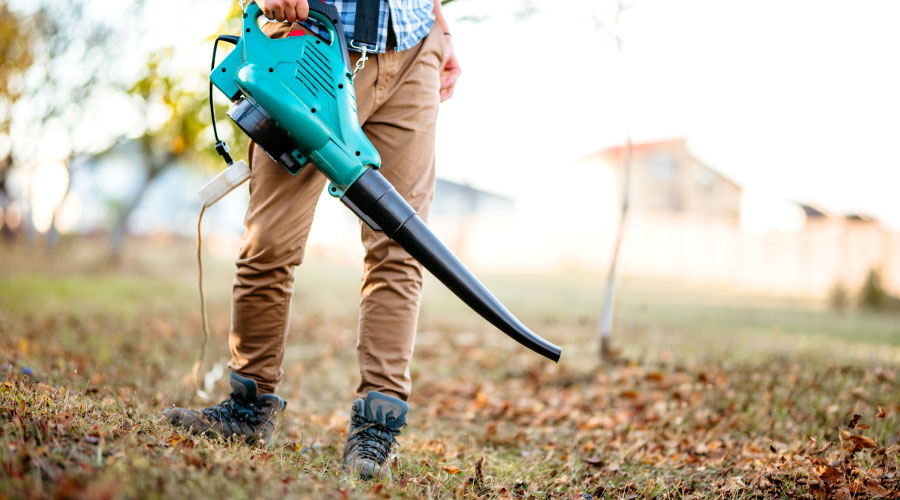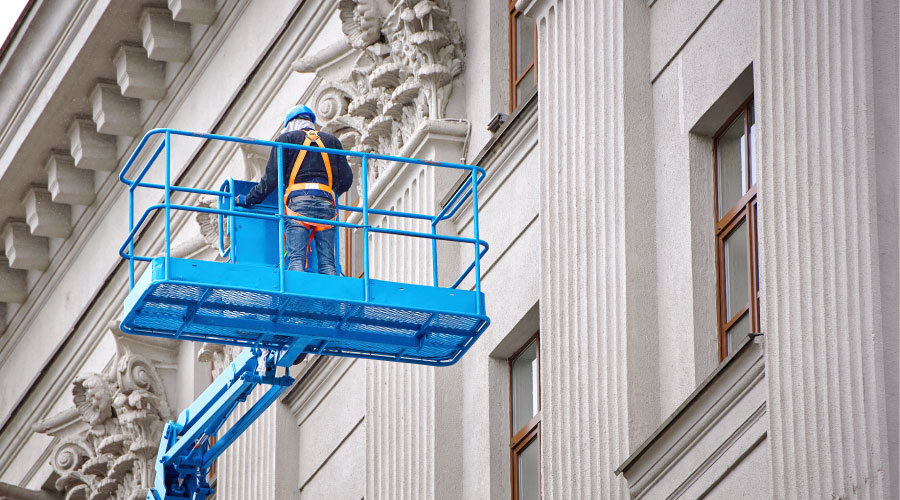Training, Maintenance Important in Aerial Work Platform Performance
Training, maintenance and inspections contribute to the safe and efficient operation of aerial work platforms. ANSI A92 has strict standards for their use and operation. One of its requirements is that users receive training in platform safety and machine-specific operation.
"Training operators is not only a requirement, but it also should be a priority for safety," Disser says. "There are a lot of programs out there that provide operator training or provide a card or photocopy of a certificate. It's not only just the knowledge part of it. The operator needs to understand what's required from an operations standpoint in the real world, in the practical environment.
"Programs that offer knowledge-based testing, maybe online, in a practical, competency type of evaluation are the best. People should really be looking at those. "
Technician training is one aspect of operating aerial work platforms that managers must consider an ongoing process instead of a one-time event.
"Just because two years ago technicians were trained on product X, that doesn't mean two years later they can operate product Y," Ford says. "You need to make sure that safety training is refreshed and current with the equipment they are currently using. Just because someone is trained to operate a scissor lift doesn't mean they are qualified without training to operate a boom lift. They need training specific to the equipment they are using on the site."
ANSI A92 also covers inspection of aerial work platforms and operator manuals located inside all lifts include details on inspection requirements.
"All work platforms require an annual inspection by a technician trained on the specific make and model," Reynolds says. "Additionally, there are daily pre-operational checks for each machine. The completion of the daily check should be logged and the record retained by the facility."
Managers must make sure that technicians conduct a daily pre-start inspection before operating machines.
"If they don't (perform inspections), it can lead to delays as a result of mechanical breakdowns, as well as accidents," Disser says. "Managers should be aware of the last time the machine had an annual inspection. Something you should look for is the proper decaling of the equipment so the operator can quickly look and identify how to use the piece if they are in a certain situation."
Related Topics:













